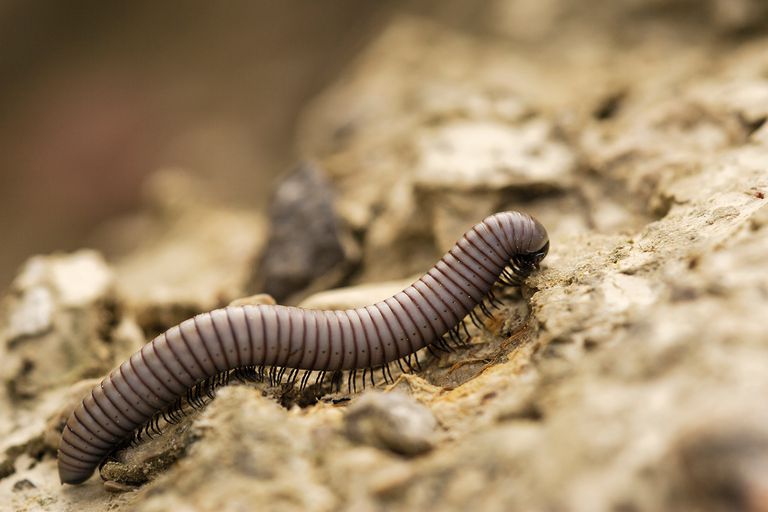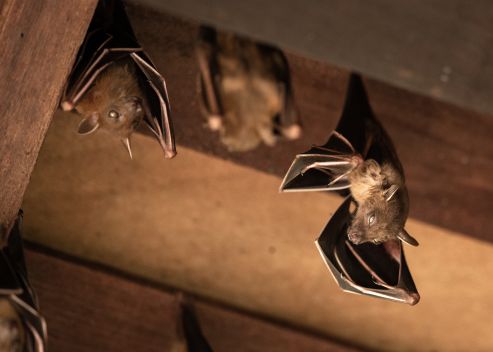Many of us take supplements regularly to help boost the immune system, find pain relief, and more. We don’t really think about it too much or that our supplements could be harmful to our pets. One such supplement is alpha lipoic acid. If a capsule accidentally drops on the floor, we may not see it. However, our canine companions may come across it and eat the capsule. But what happens if a dog eats alpha lipoic acid?
Connect with a verified veterinarian in minutes. Licensed vets are available 24/7 to answer your questions. No need to worry about your furry family member.
Has your dog eaten alpha lipoic acid? Are you worried that alpha lipoic acid will make your dog sick? If so, you’ve come to the right place. We understand it can be scary when your dog eats something like this.
We’ve gathered information about alpha lipoic acid and whether it can make a dog sick. Let’s get started!

What is Alpha Lipoic Acid?
Alpha lipoic acid is an antioxidant made by the body. It’s found in every cell, where it turns glucose into energy. Unlike other antioxidants, alpha lipoic acid is both water- and fat-soluble. Alpha lipoic acid is also found naturally in red meat, organ meats, and yeast. However, the antioxidant, in capsule form, is sometimes used to treat various conditions.
Alpha lipoic acid is sometimes used to treat nerve pain in people with diabetes. It’s also used to treat obesity, altitude sickness, aging skin, high cholesterol, and other conditions.
While alpha lipoic acid may be safe for humans (when used as directed), what about dogs? Can alpha lipoic acid make a dog sick?
Alpha Lipoic Acid & Dogs
Unfortunately, alpha lipoic acid supplements can be dangerous for dogs (and cats). Even though this supplement is sometimes used in dogs, the dose is much smaller for them than for humans. So, if a dog eats a human dose of alpha lipoic acid, he could become very sick.
The antioxidant can cause liver and kidney damage in dogs.

Review symptoms, medications & behavior to keep your pets healthy with a Vet Online in just minutes.
Ask a Vet Live NowSymptoms of Alpha Lipoic Acid Ingestion in Dogs
You may notice these symptoms if your dog has eaten alpha lipoic acid:
- Excessive drooling
- Vomiting
- Poor muscle control, incoordination
- Tremors
- Seizures
If you notice any of these symptoms in your dog, call the vet immediately. This is an emergency.
Treatment of Alpha Lipoic Acid Ingestion in Dogs
The vet may induce vomiting if your dog has recently eaten the alpha lipoic acid capsule(s). They may also use activated charcoal. Both of these methods remove the toxin from your dog’s system.
Your fur baby may also need an IV with fluids to help flush toxins out of the body. He may also need IV dextrose to manage hypoglycemia, along with liver protectants.
There’s a chance your dog may need to be hospitalized until he’s in stable condition.
The prognosis is best for dogs who receive prompt medical treatment after eating alpha lipoic acid. In the future, it’s best to keep alpha lipoic acid and all supplements out of your dog’s reach. You’ll both be happier for it!
Connect with a verified veterinarian in minutes. Licensed vets are available 24/7 to answer your questions. No need to worry about your furry family member.

Julie
Julie is a graduate of the University of North Carolina, Wilmington, where she studied Animal science. Though contrary to the opinion of her parents she was meant to study pharmacy, but she was in love with animals especially cats. Julie currently works in an animal research institute (NGO) in California and loves spending quality time with her little cat. She has the passion for making research about animals, how they survive, their way of life among others and publishes it. Julie is also happily married with two kids.
Review symptoms, medications & behavior to keep your pets healthy with a Vet Online in just minutes.
Ask a Vet Live Now




